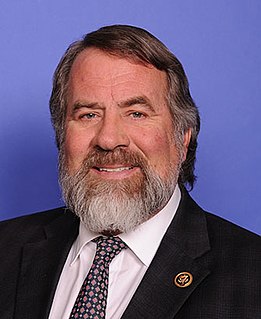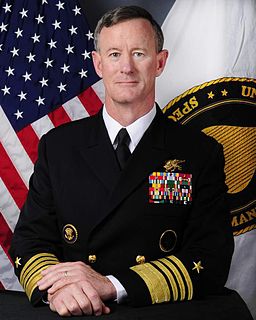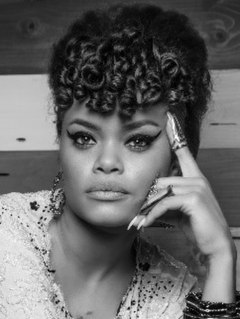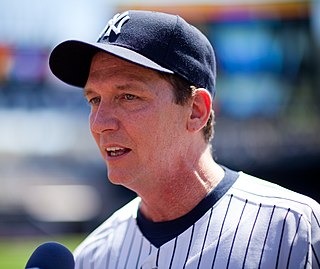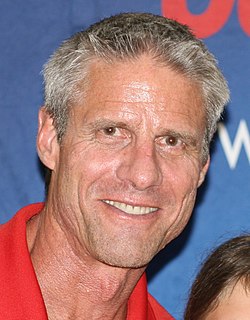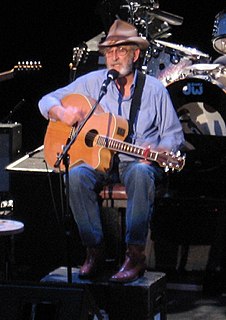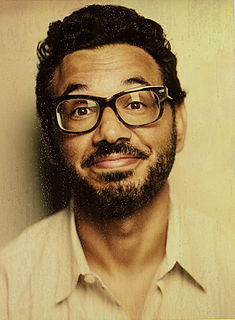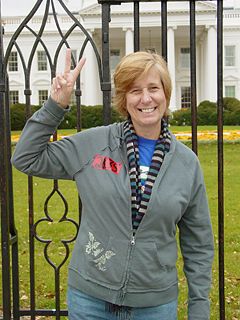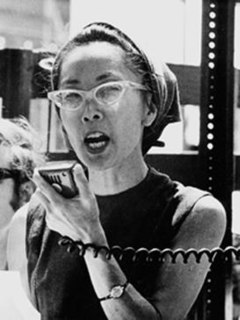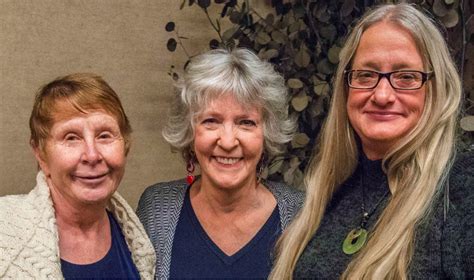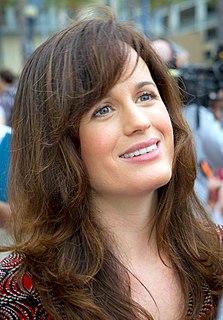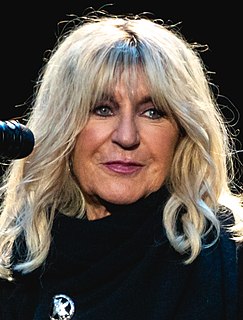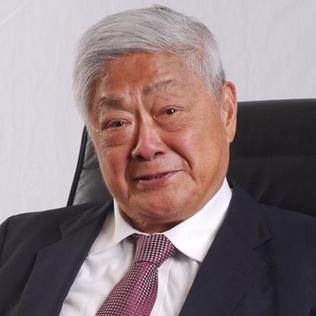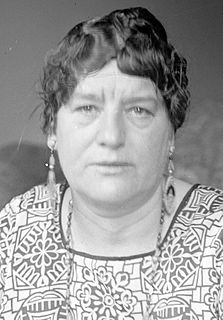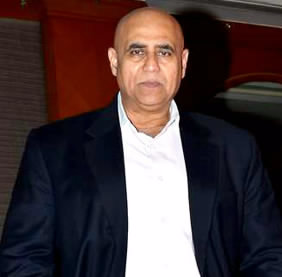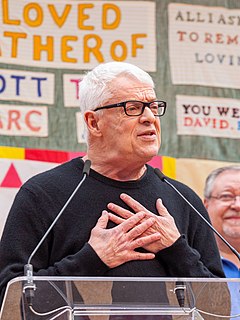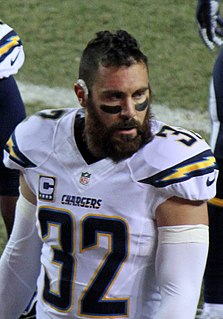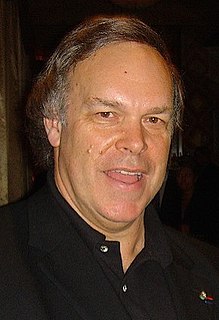Top 1200 San Antonio Quotes & Sayings - Page 18
Explore popular San Antonio quotes.
Last updated on December 18, 2024.
A lot of the people in Northern California and parts of Oregon have decided that we are not on the same page as San Francisco and Portland and Los Angeles. I don't know if six states is a solution because is Washington, D.C. and the rest of the country really going to give California 10 new senators?
I know it's a cliche, but I see myself as a citizen of the world. I was brought up in Switzerland by German and Turkish parents but I've very much grown up in San Francisco. I have a European sense of aesthetic, but I'm also deeply steeped in the notion of change and entrepreneurship that is associated with Silicon Valley.
For all its enormous range of space, climate, and physical appearance, and for all the internal squabbles, contentions, and strivings, what you northerners never appreciate...is that Texas is so big that you can live your life within its limits and never give a damn about what anyone in Boston or San Francisco thinks.
As a child growing up in San Francisco in the 1950s, I sometimes met insults when I ventured outside of Chinatown or my neighborhood. I have even been spat on and threatened with a knife. I could have let my anger fester until it became hate. However, I realized they were isolated incidents, and I simply got on with my life.

